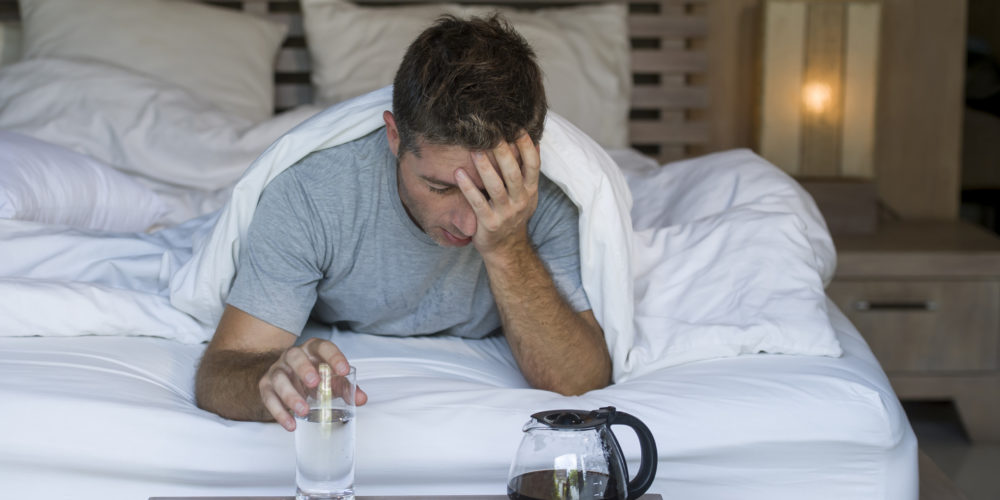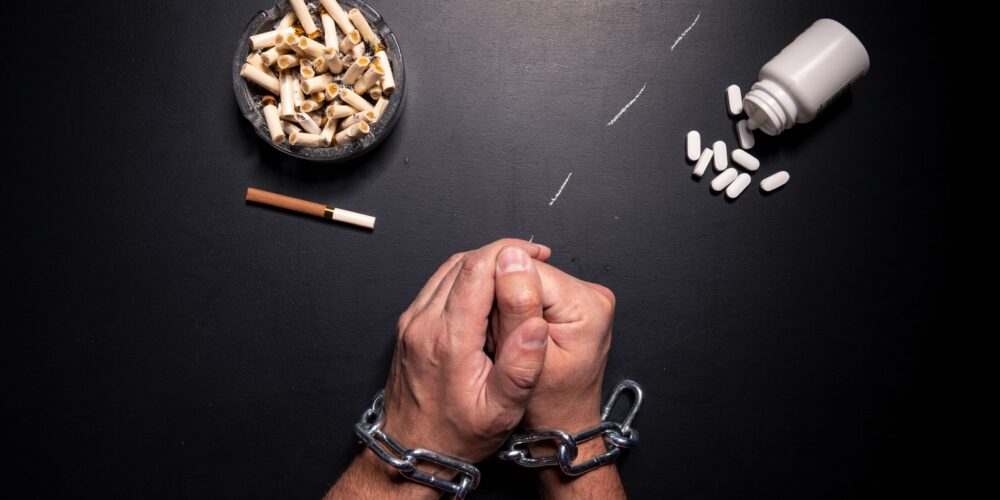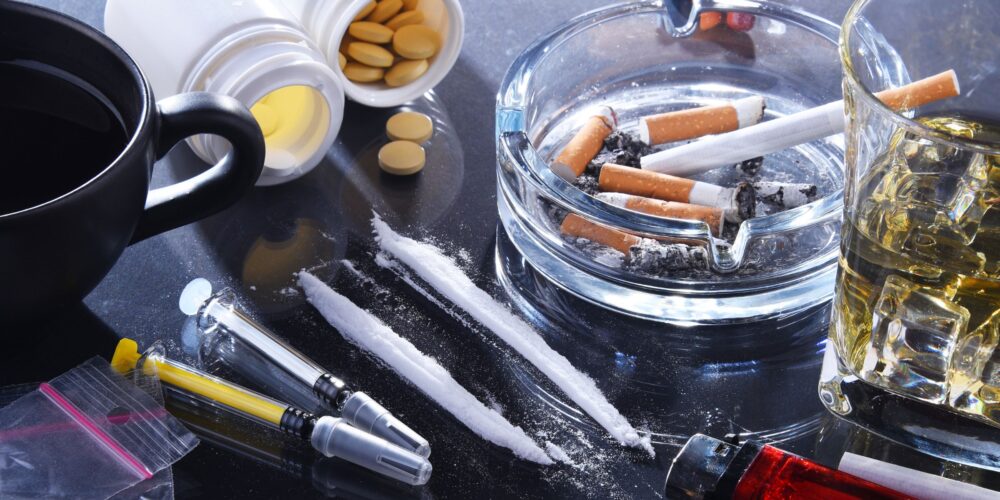Relapse is a common occurrence during the recovery process, and understanding…

Even if you are excited about starting the recovery process, you might be scared of going through withdrawal symptoms. We firmly believe that knowledge is power. That is why we want to give you information about the most common drug withdrawal symptoms.
Is Withdrawal Dangerous?
Generally, no. While withdrawal can be very unpleasant and can cause negative side effects, it usually does not lead to any long-term damages. However, severe alcohol or opiate withdrawal can come with side effects that could impact your health. Medically supervised drug withdrawal helps you avoid those side effects and symptoms in order to protect your health.
Common Physical Withdrawal Symptoms
Not all drugs have the same withdrawal symptoms. However, symptoms you can expect include:
- Diarrhea
- Nausea
- Cramping
- Tremors
- Headache
- Sweating
- Dehydration
- Seizures
- Increased heart rate
- Increased blood pressure
- Problems sleeping
- Higher blood pressure
- Increased heart rate
- Muscle tension
- Sleep disturbances
- Seizures
- Suicidal ideations
Generally, withdrawal symptoms should improve after a few days. If they continue to get worse, you should seek medical attention. With dehydration being a top concern, you should be sure to stay hydrated and seek medical attention if you are unable to retain fluids.
Which Drugs Have Severe Withdrawal Symptoms?
The severity of your withdrawal symptoms depends on several factors. The type of drug, the length of your addiction, and the quantity of drugs you consume are all factors. However, some drugs are known to cause more severe withdrawal symptoms. They include:
- Alcohol
- Opioids
- Benzodiazepines
- Crystal meth
If you are contemplating stopping any of those drugs, medically supported withdrawal can help you alleviate the symptoms.
How Long Does Withdrawal Last?
The length of withdrawal depends on those same factors. It can vary from several days to several weeks. However, after the first few days, symptoms should continue getting better.
Can Withdrawal Symptoms Lead to Relapse?
Absolutely. The worse the withdrawal symptoms, the more tempting it can be to use while you are detoxing. That is why medically assisted withdrawal may help people with their initial detox and with their journey to sobriety.
Contact Greater Essex to find out more information about medically assisted detox. We can help you get the process started, providing the emotional and physical support you need to get and stay sober.



